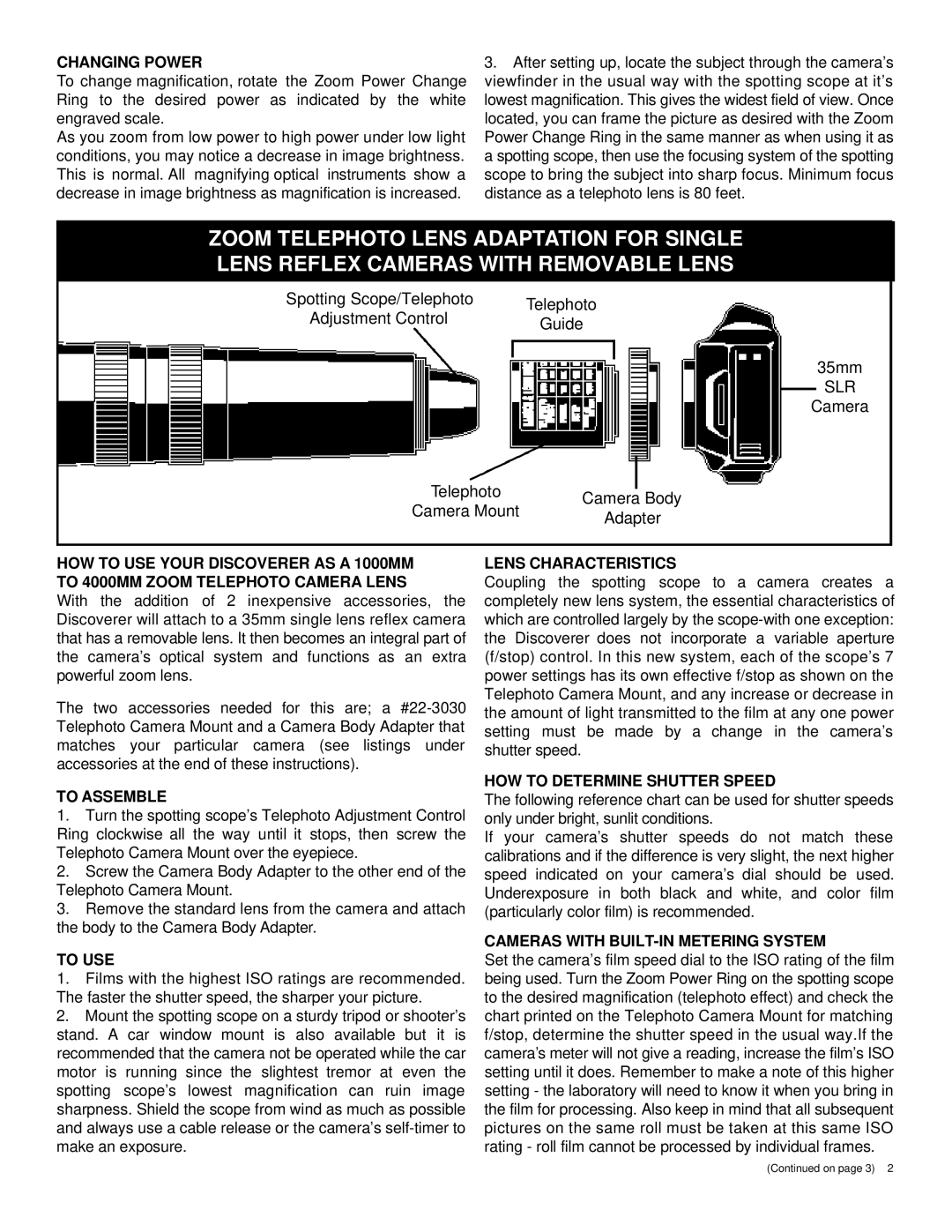78-1600 specifications
Bausch & Lomb 78-1600 is a notable product in the realm of optical solutions, primarily used for its exceptional performance in vision care. This model stands out for its innovative design and top-tier technologies that cater to the needs of both eye care professionals and patients.One of the main features of the Bausch & Lomb 78-1600 is its advanced optical system. The device boasts a high-resolution lens that enhances clarity while maintaining color accuracy. This optical precision allows practitioners to conduct thorough examinations, ensuring that they can detect even the slightest irregularities in a patient's vision.
In addition to its optical capabilities, the Bausch & Lomb 78-1600 incorporates state-of-the-art illumination technology. The built-in LED light source provides a bright and even illumination, making it easier for professionals to examine the eye’s structure and function under varying conditions. This feature is particularly beneficial in dimly lit environments or when fine details need to be scrutinized.
Another hallmark of the 78-1600 is its ergonomic design. The device is lightweight and user-friendly, allowing for extended use without discomfort. Eye care professionals will find it easy to maneuver, which can be crucial when working with patients who may have sensitivity or anxiety related to eye examinations.
The 78-1600 also emphasizes versatility. Its adjustable settings allow practitioners to customize the device according to their specific needs and the individual requirements of their patients. This flexibility enhances the overall examination experience and supports accurate diagnosis and treatment.
Durability is another essential characteristic of the Bausch & Lomb 78-1600. Constructed with high-quality materials, the device is designed to withstand the rigors of daily use in clinical settings. This reliability ensures that eye care professionals can depend on the product for consistent performance over time.
Finally, Bausch & Lomb's commitment to quality and innovation is evident in the 78-1600 model. As a respected name in eye care, the brand continually invests in research and technology, making it a trusted choice for professionals looking to provide the highest standard of care to their patients.
In summary, Bausch & Lomb 78-1600 is a standout optical device characterized by its advanced optical system, superior illumination, ergonomic design, versatility, and durability. These features make it an excellent choice for eye care professionals dedicated to delivering effective and compassionate vision care.

